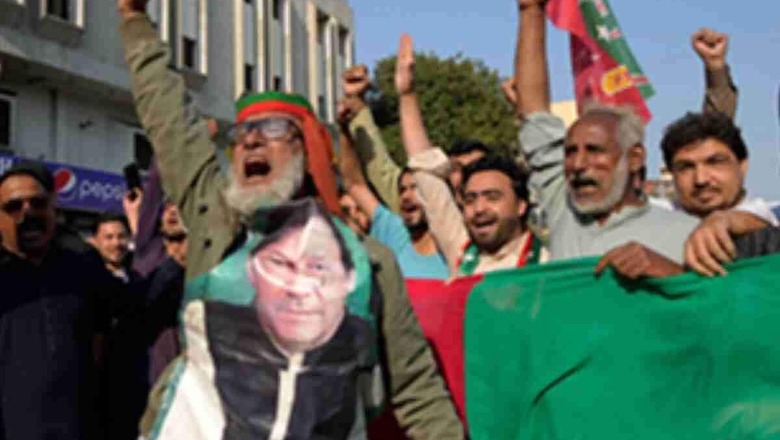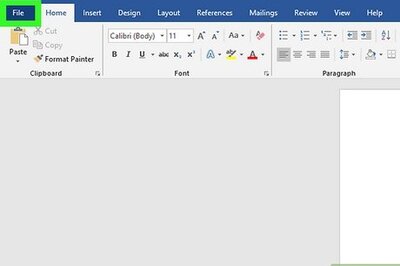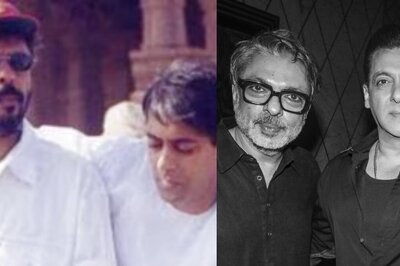
views
Pakistan’s February 8 elections returned a hung parliament, with no single party getting enough seats in the National Assembly to form a government by itself.
Talks for a coalition government are taking place between former Prime Minister Nawaz Sharif’s party, with 75 seats, and the party of Bilawal Bhutto Zardari, with 54 seats. Independent candidates backed by jailed former Prime Minister Imran Khan won the most seats and they are also jostling for allies to form government. Candidates were vying for 264 seats out of the assembly’s 336 total.
Here are some of the situations likely to play out in the house in the days ahead as Pakistan tries to form a new government:
- By law, the National Assembly, or the lower house of parliament, must be called by the President three weeks after the national election. It is usually called earlier.
- A new speaker of the house is then elected, and then they call for the election of the leader of the house, or prime minister, who must win a simple majority – 169 of the 336 seats.
- There can be multiple candidates for prime minister. If no candidate secures a majority in the first round, a second vote is held between the top two candidates. Voting will continue until one person is able to secure a majority.
- Once a prime minister is elected, they take an oath and announces the cabinet. The caretaker set-up that has been in place to oversee the elections then hands over power to the new government.
- Parties are allocated 70 reserved seats – 60 for women, 10 for non-Muslims – in proportion to the number of seats won. This completes the National Assembly’s total 336 seats. Independents are not eligible for reserved seats.
- -If the independents want to gain reserved seats, they must join another party to form a bloc. The independents are running as such because Khan’s Pakistan Tehreek-e-Insaf (PTI) was barred from these polls for breaching electoral laws.
Thursday’s vote to choose a new parliament was overshadowed by the vote-rigging allegations, an unprecedented mobile phone shutdown, and the exclusion of Khan and his Pakistan Tehreek-e-Insaf party, or PTI, from the vote. While election winners were celebrating victory, PTI and other parties refused to accept their defeat in dozens of constituencies.
Thousands of supporters of Imran Khan and members of other political parties blocked key highways and started a daylong strike in the volatile southwest Monday to protest the alleged rigging of last week’s elections. Candidates backed by Khan won more seats than the political parties who ousted him from power nearly two years ago, according to the final tally published Sunday. However, no party won a majority, so the parties will have to hold talks on forming a coalition government. The new parliament chooses the country’s next prime minister.
(With agency inputs)



















Comments
0 comment